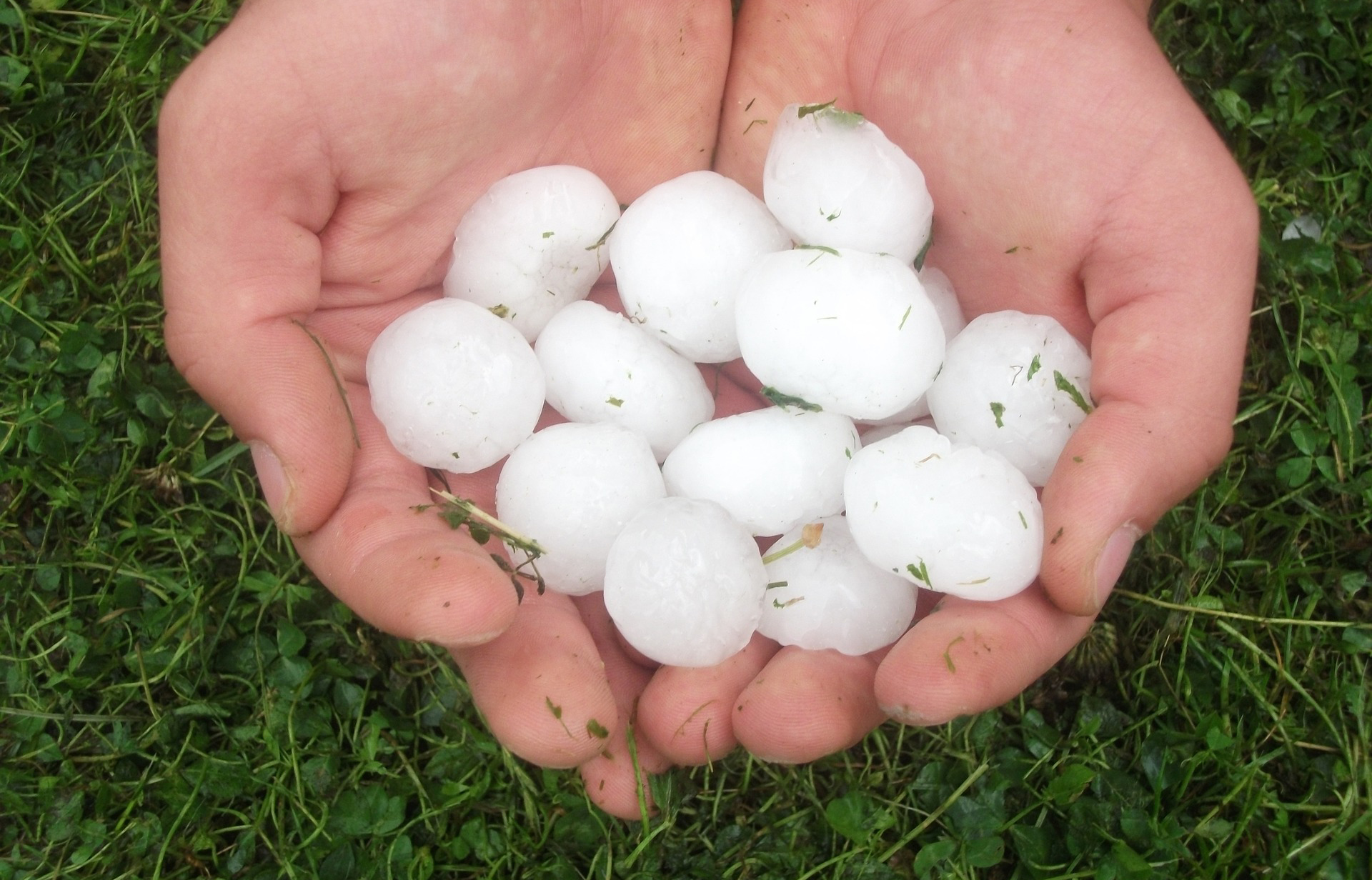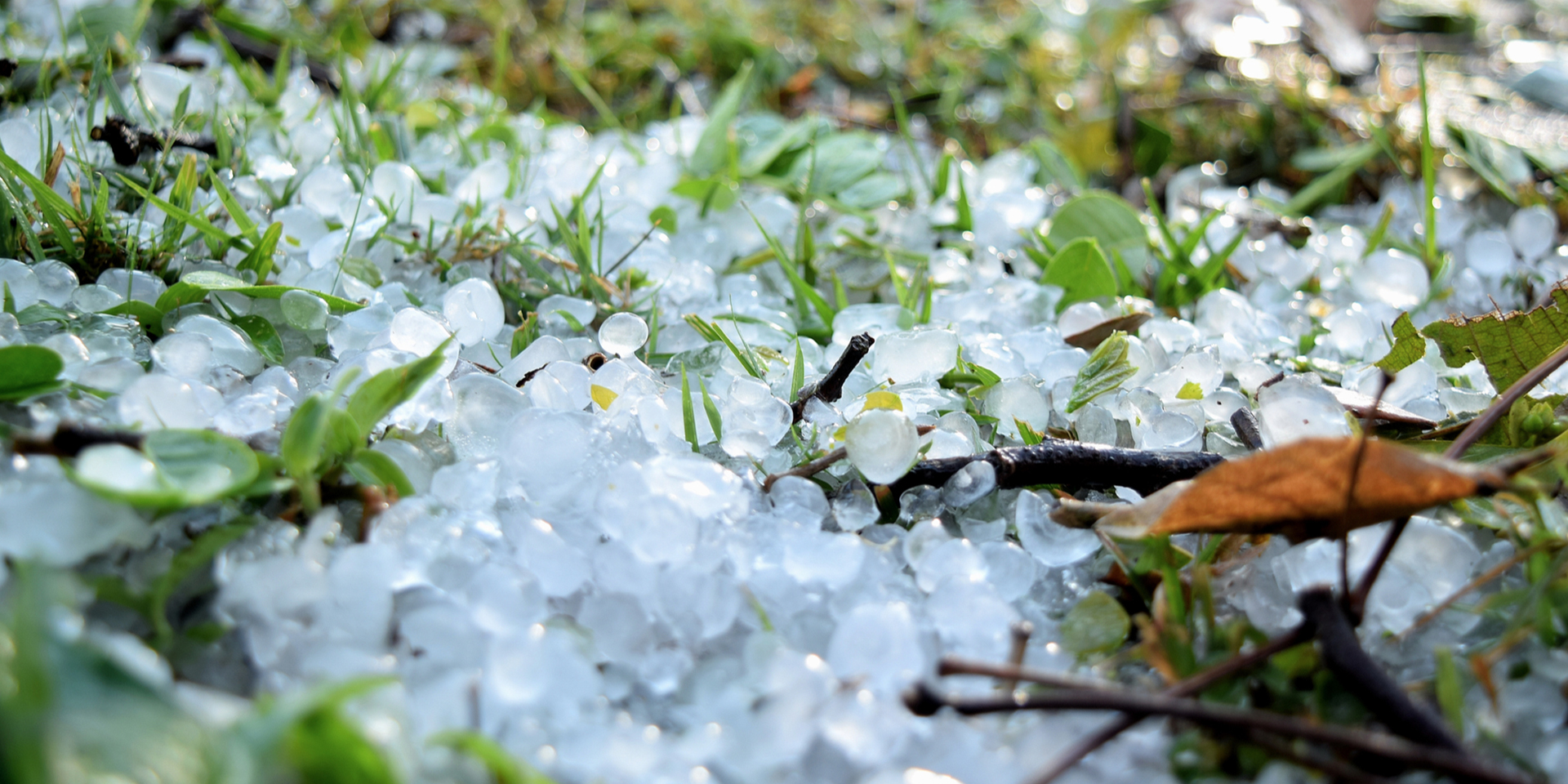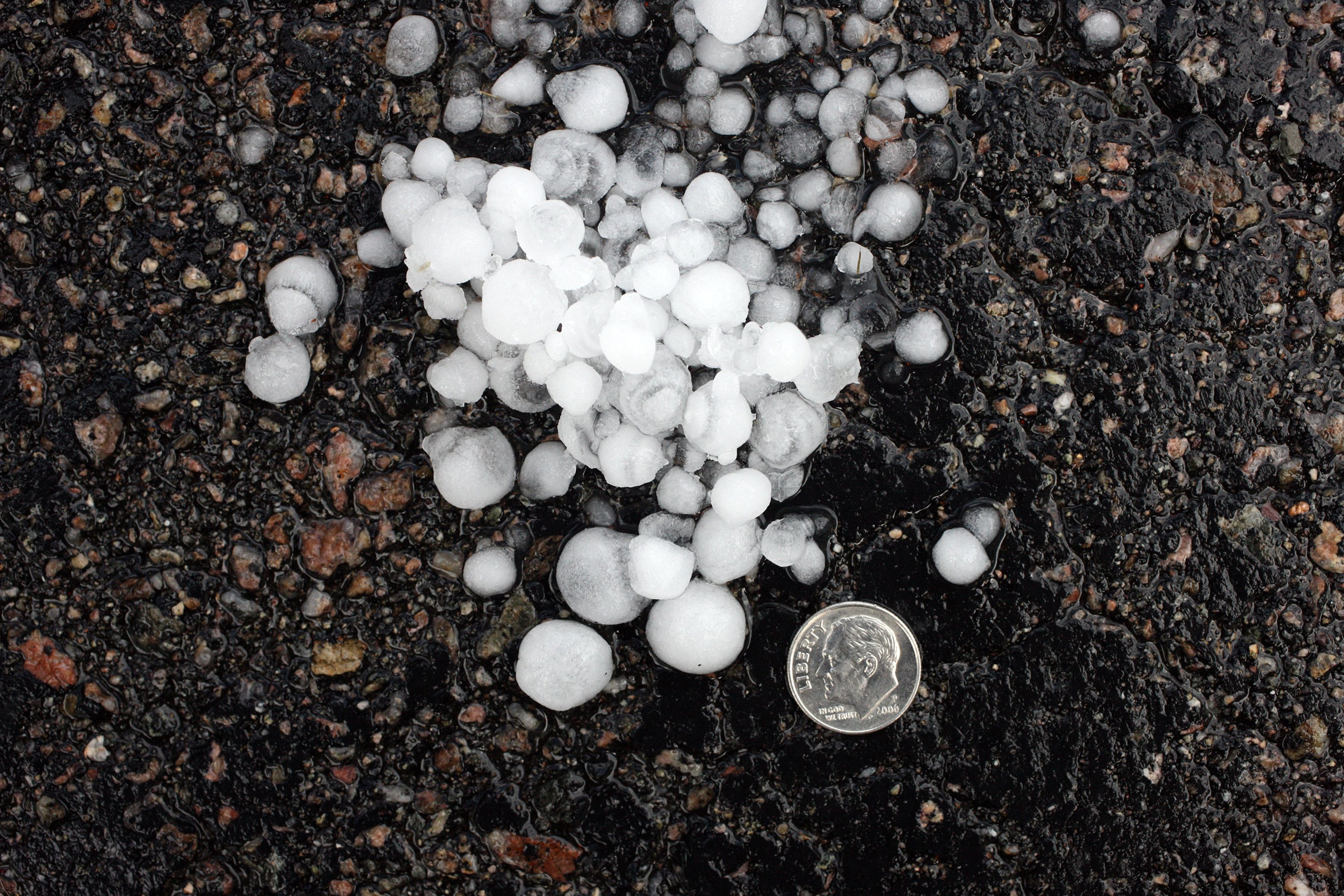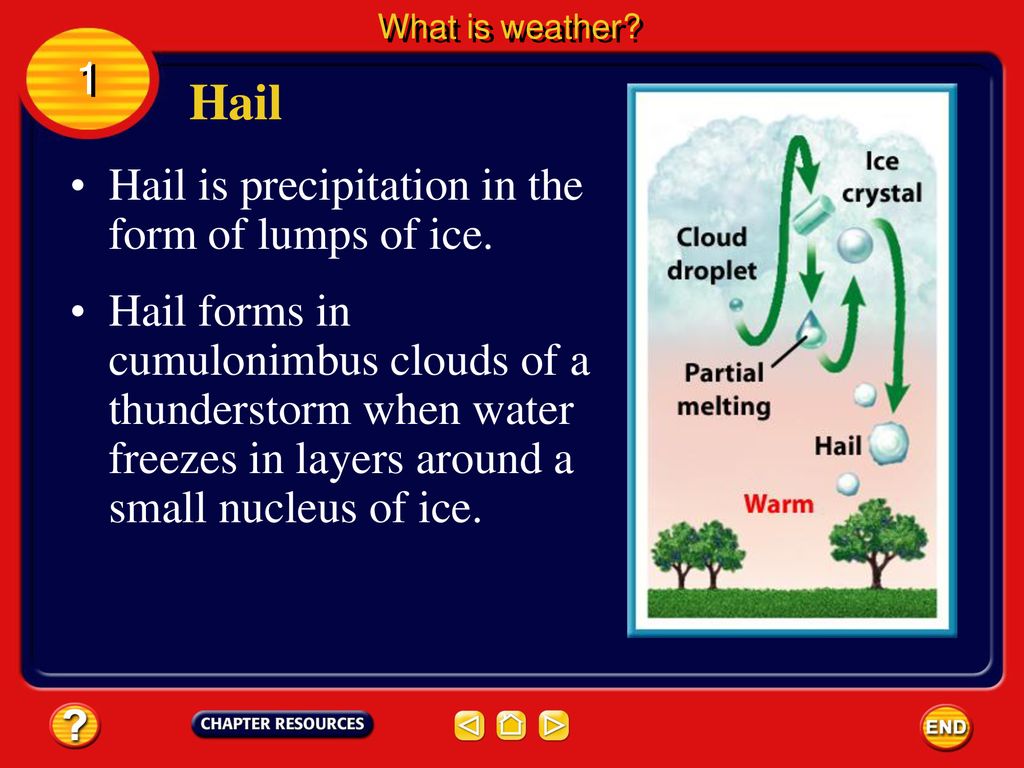Table of Contents
- Hail Safety and Readiness
- Pictures of massive hail, funnel clouds flood Twitter following ...
- Severe Weather 101: Hail Basics
- Destructive Hail And A Massive Dust Storm Descend On Fire-Ravaged ...
- The meaning and symbolism of the word - «Hail»
- Hail Guide Form | EZHomeSolutions.com
- Hail - Met Office
- Burgundy Once Again Devastated by Hail - PUNCH
- Chapter: Weather Section 1: What is weather? - ppt download
- Can You Eat Hail? Safety Tips and Risks



What is Hail?



How Do Hail Storms Form?


Types of Hail
There are several types of hail, including: Pea-sized hail: Small, pea-sized hailstones that are typically less than 1/4 inch in diameter. Quarter-sized hail: Hailstones that are approximately 1 inch in diameter. Golf ball-sized hail: Hailstones that are about 1.5 inches in diameter. Baseball-sized hail: Large hailstones that are approximately 2.75 inches in diameter.
The Impact of Hail Storms
Hail storms can have a significant impact on our communities, causing: Property damage: Hail can damage roofs, cars, and other property, leading to costly repairs. Crop damage: Hail can destroy crops, leading to economic losses for farmers. Power outages: Hail can knock out power lines, leaving people without electricity.
Staying Safe During a Hail Storm
If you find yourself in the path of a hail storm, there are several steps you can take to stay safe: Seek shelter: Go indoors and stay away from windows and doors. Protect your property: Cover your car and any outdoor furniture or plants. Stay informed: Monitor local weather reports and sign up for emergency alerts. In conclusion, hail storms are a type of severe weather that can have a significant impact on our communities. By understanding the basics of hail storms, including how they form and the types of hail that can occur, we can better prepare ourselves for these events. Remember to stay safe during a hail storm by seeking shelter, protecting your property, and staying informed. For more information on severe weather, visit the NOAA National Severe Storms Laboratory website.This article is brought to you by [Your Website], your source for weather-related news and information.